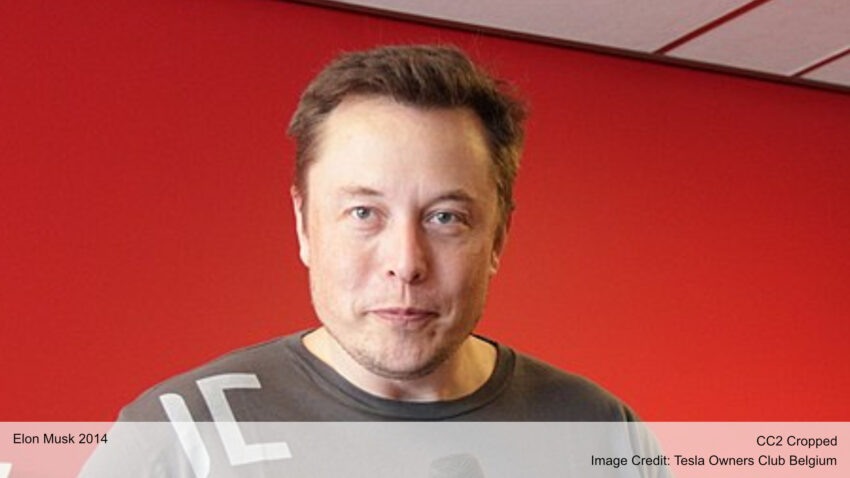The court’s decision marks a significant development in corporate governance and executive compensation. CNBC reported on the lawsuit, highlighting concerns about the influence Musk holds over Tesla’s board and the potential conflicts of interest in approving such a lucrative pay package. The compensation plan, approved in 2018, allowed Musk to earn up to $55 billion over ten years if Tesla met specific performance and market capitalization milestones.
- Court Ruling on Musk’s Pay Package: The court scrutinized Tesla’s 2018 executive compensation plan, which could award Musk up to $55 billion over ten years, based on market capitalization milestones. Critics argue the plan lacked proper oversight and favored stock gains over operational metrics.
- Corporate Governance in Focus: The case highlights concerns about Tesla’s board independence and the need for stronger safeguards against conflicts of interest in executive pay decisions.
- Broader Implications: The ruling could serve as a precedent for future cases, encouraging companies to reevaluate how they design and approve executive compensation packages.
- Balancing Innovation and Accountability: Boards face mounting pressure to reward innovation while ensuring transparency and alignment with long-term company goals, amidst growing shareholder activism.
Critics argue that the board failed to exercise proper oversight and that the plan was overly generous, given Musk’s existing equity in Tesla. They also raised concerns about the structure of the package, which tied Musk’s compensation to stock price and market value rather than operational performance. This focus on market capitalization could incentivize decisions that prioritize short-term stock gains over long-term company health.
Musk has been a controversial figure in the business world, known for his ambitious projects and sometimes erratic behavior. His leadership at Tesla has driven the company to become a leader in electric vehicles, but it has also been marked by legal challenges and public scrutiny. The ruling raises questions about the balance between rewarding innovation and ensuring responsible corporate governance.
The case underscores the growing scrutiny of executive compensation in publicly traded companies. As shareholders and stakeholders demand greater transparency and accountability, boards must navigate the complex task of setting fair and motivating compensation packages for top executives. This ruling may set a precedent for future cases, prompting companies to reassess how they structure and approve executive pay.
Tesla has not yet commented on the ruling or indicated whether it will appeal the decision. The outcome of this case could have broader implications for corporate governance practices and the role of shareholder activism in shaping executive compensation policies. As businesses strive to attract and retain top talent, finding the right balance in compensation packages will remain a critical challenge for boards and management teams.

